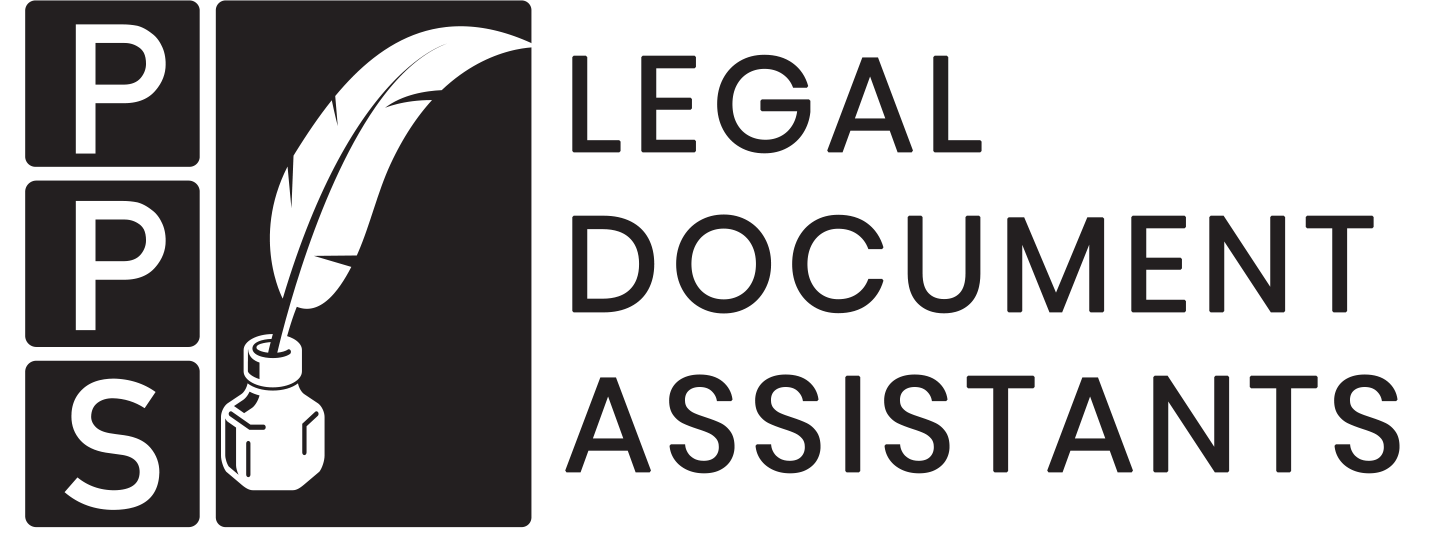DIVORCE MEDIATION SERVICES
PPS Legal Document Assistants provides divorce mediation services and professional Legal document filing.
DIVORCE MEDIATION
Our Divorce Mediation services can help you and your spouse reach an agreement that best suits everyone involved including your children.
WILL DIVORCE MEDIATION WORK FOR ME?
You and Your Spouse Agree to Divorce
There’s No History of Domestic Violence
Both Spouses Are Forthcoming About Finances
You Agree on Custody Terms
HOW SHOULD I PREPARE FOR OUR MEDIATION APPOINTMENT?
If you want to get a head start on preparing for divorce mediation, which can often make the process go much smoother and faster, you can review the following divorce mediation checklist of documents to begin gathering.
WHAT CAN I EXPECT DURING DIVORCE MEDIATION?
Session 1: Sign Documents and Review Disclosures
Session 2: Parenting Plan, Child and/or Spousal Support
Session 3: Negotiate Asset, Debt Allocation, and Spousal Support If Applicable
Session 4: Sign Final Documents
Who else can attend divorce mediation?
Only divorce parties are allowed to attend mediation. However, it is recommended that you consult with a lawyer if you are not sure about your rights and obligations.
Ready To Get Started?
Our initial consultation is free!
LOOKING FOR DIVORCE MEDIATION?
OUR INITIAL MEETING IS FREE!
We are not attorneys. We cannot perform the legal services that an attorney performs. We cannot engage in the practice of law. The county clerk has not evaluated or approved my knowledge or experience, or the quality of our work. We cannot represent you in court. The information provided during all meetings does not, and is not intended to, constitute legal advice; instead, all information provided is for general informational purposes only. San Diego County Registration No. 066, Expires 11/18/2024, Bond No. CA799627
SERVICES
PPS provides divorce mediation & professional legal document filing for divorce, child custody, paternity, and more legal family matters.
OFFICE HOURS
- Mon - Fri
- -
- Sat - Sun
- -
All Rights Reserved | PPS Legal Document Assistants | Web Design by GoBeRewarded
